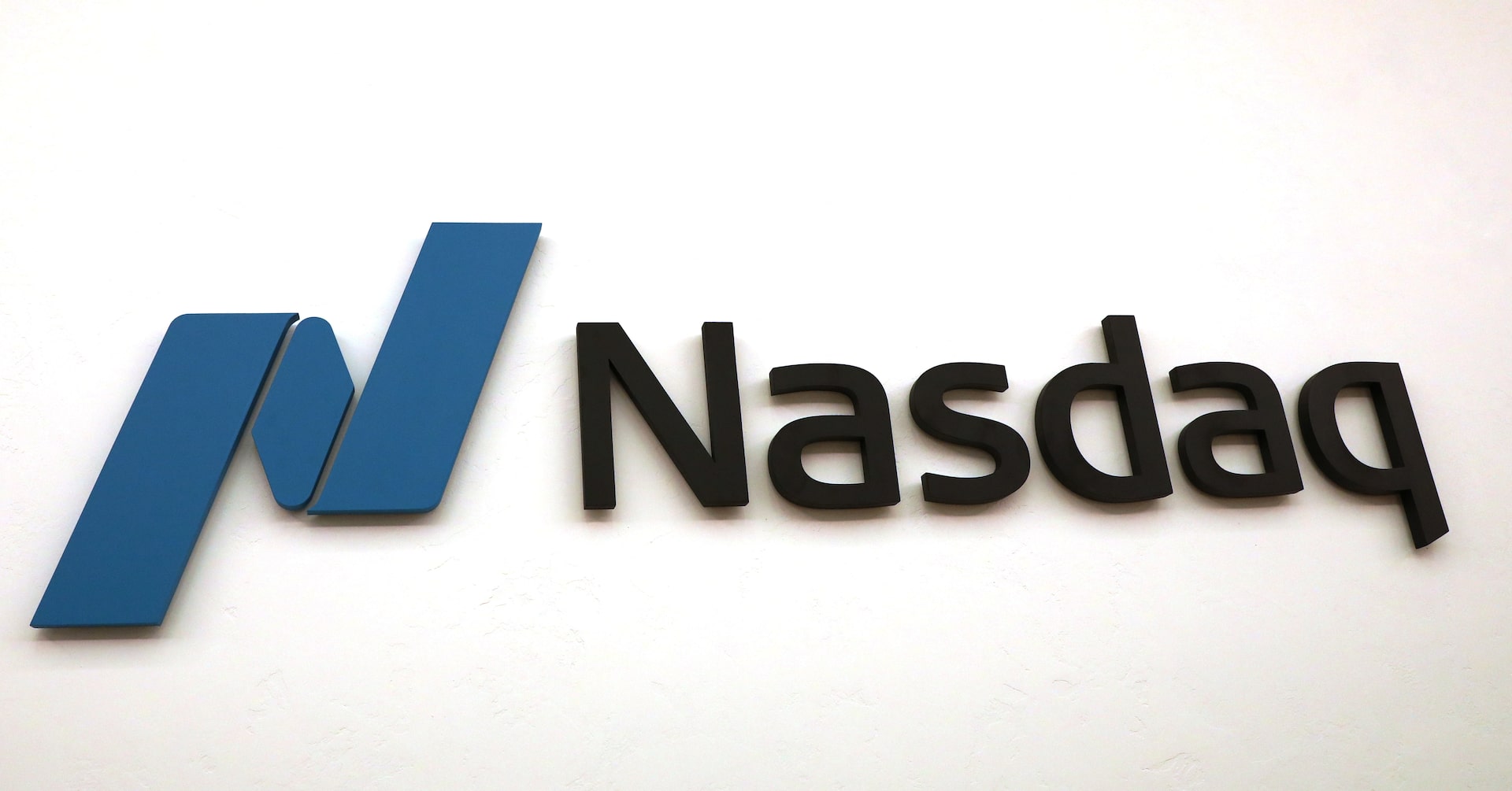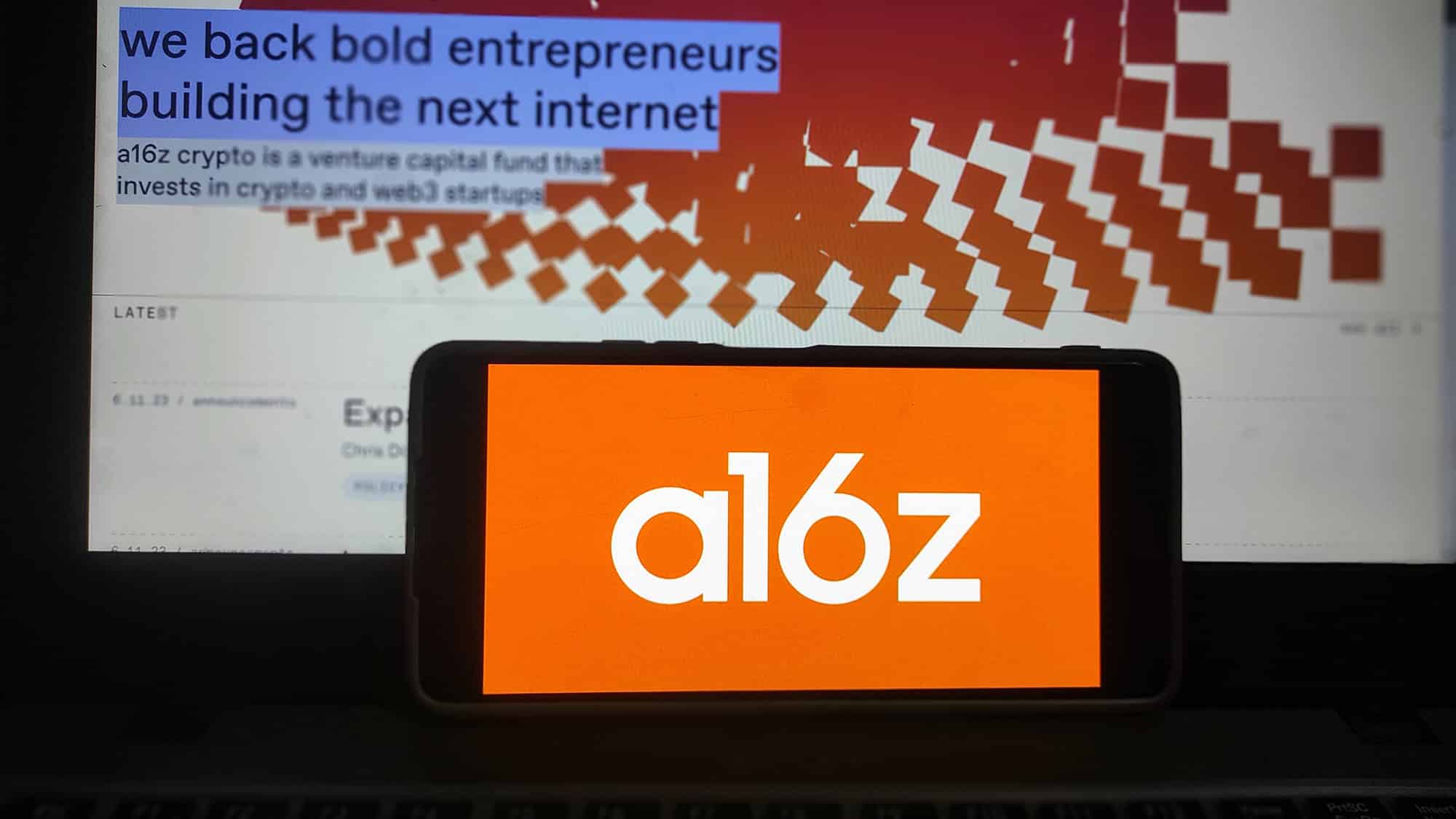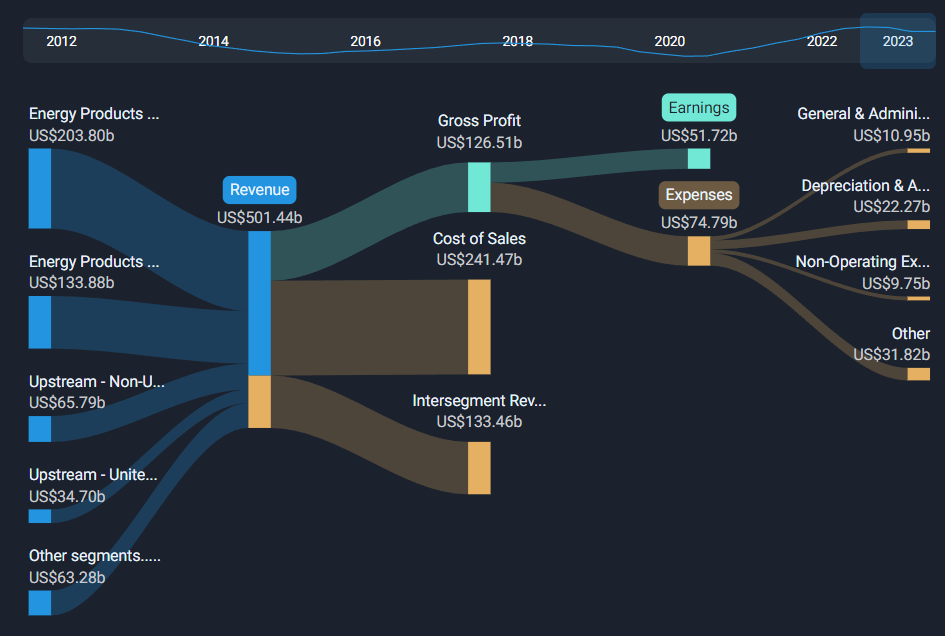Wall Street's Digital Frontier: Nasdaq Pioneers Tokenized Securities Trading

Nasdaq is pioneering a groundbreaking initiative to collaborate with U.S. regulators, aiming to launch trading platforms for tokenized securities. This strategic move positions the financial giant at the forefront of a rapidly evolving digital asset landscape, capitalizing on the growing momentum of blockchain-based financial instruments.
The exchange's proactive approach comes at a time of increasing regulatory flexibility and technological innovation, signaling a significant shift in how traditional financial markets are embracing digital transformation. By exploring tokenized securities, Nasdaq is not just adapting to change but actively shaping the future of investment and trading mechanisms.
This development reflects a broader trend among Wall Street institutions to leverage blockchain technology and explore new digital asset opportunities. As regulatory environments become more accommodating, major financial players are increasingly recognizing the potential of tokenization to revolutionize securities trading, offering enhanced transparency, efficiency, and accessibility.
Nasdaq's initiative underscores the ongoing convergence of traditional financial systems with cutting-edge digital technologies, promising to unlock new possibilities for investors and market participants alike.








